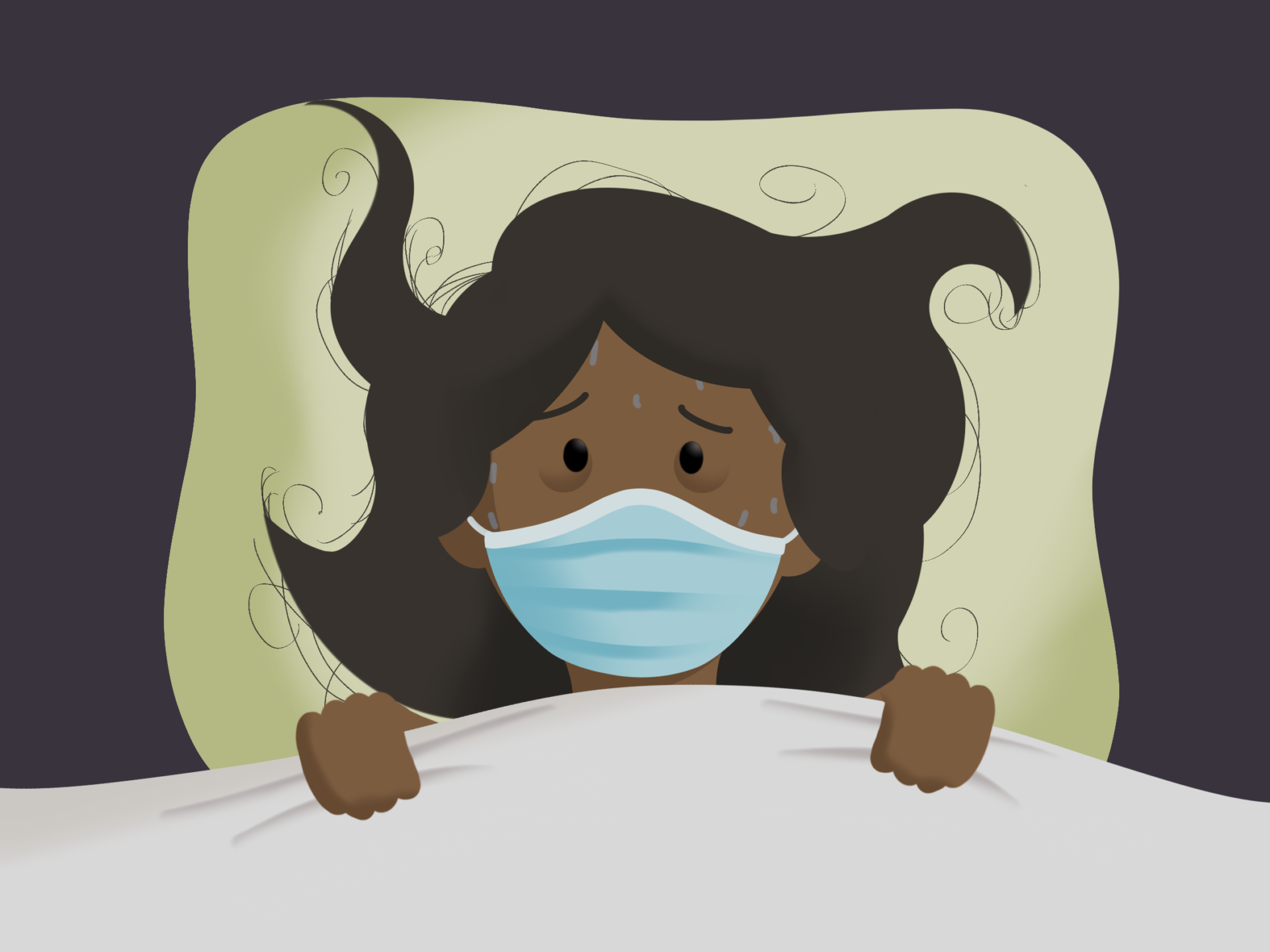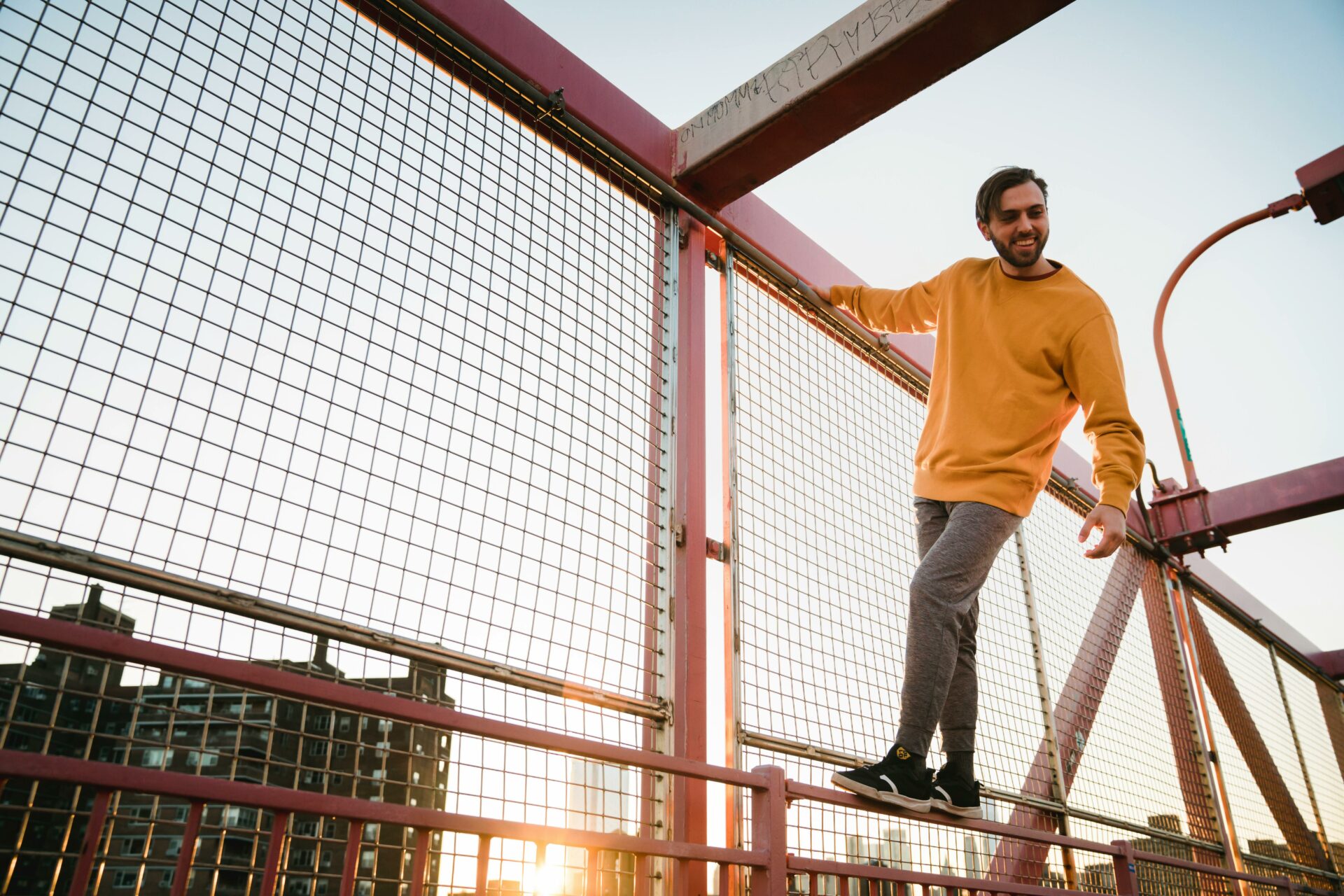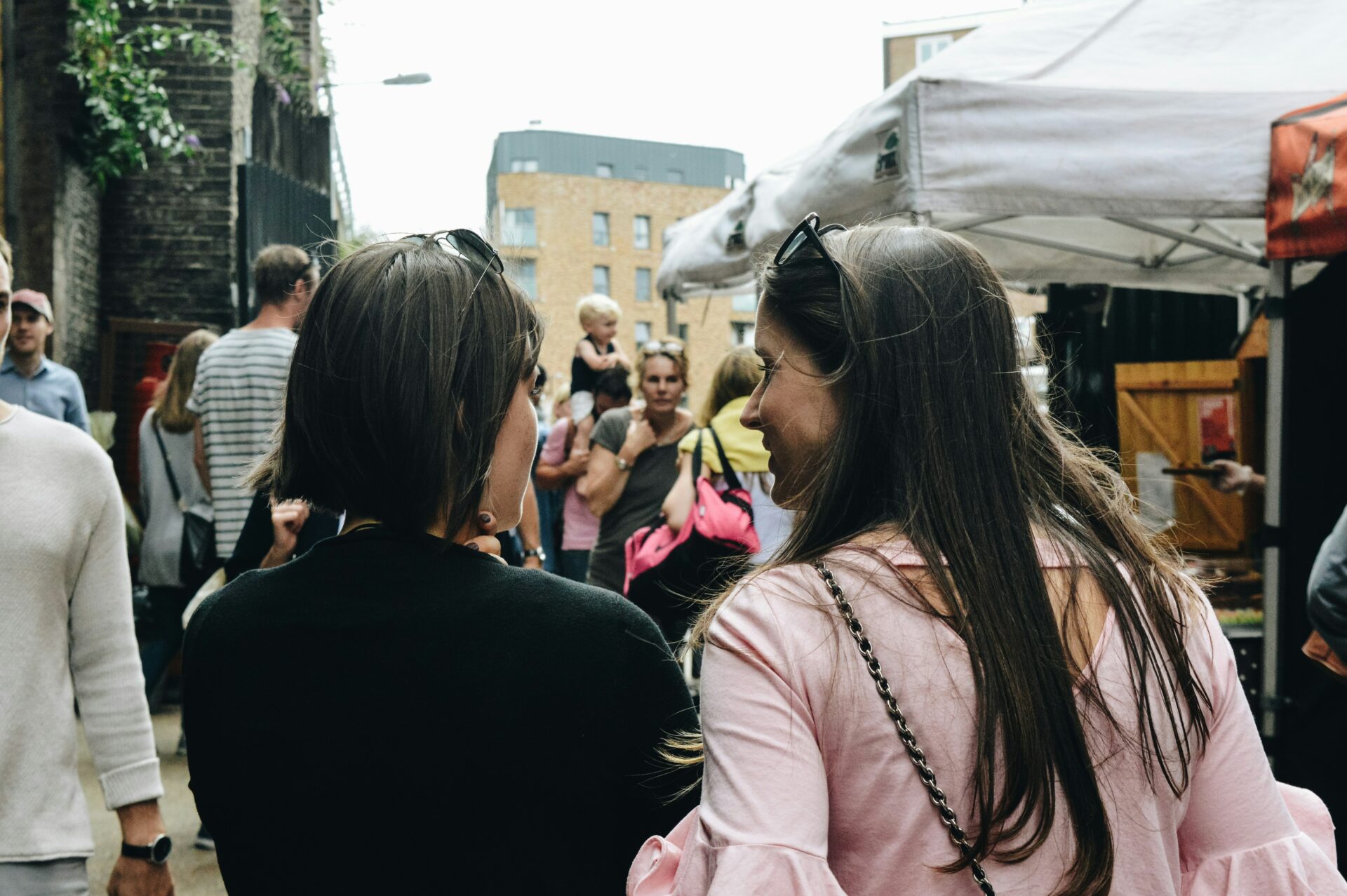Coronasomnia

For many of us around the world, it has now been a year since the COVID-19 pandemic changed how we work, learn and interact. This period of time has been a shaky one as countries have plunged in and out of national lockdowns, and governments have had to act fast to manage the crisis. While some countries have been more impacted by COVID-19 than others, the effects have been widespread. This has been a new experience for all. Communities and people have had to navigate social distancing, which for some, meant missing out on being with their families over the holidays while others have not touched another person in more than a year. Researchers are identifying increasing trends of loneliness amongst older adults and adolescents. And some are experiencing their highest stress levels yet.
What is Coronasomnia?
From disrupted routines to elevated screen time, there is no doubt that the COVID-19 pandemic has contributed to a surge in sleeplessness. The disruption has been so noticeable that researchers have dubbed this phenomenon “coronasomnia”. The term is meant to represent the lack of sleep people have been experiencing as a result of stress brought on by the pandemic. Multiple factors are at play here, starting with the fact that our shifts in routine are affecting our circadian rhythms. Our bodies’ internal clocks are not used to the lack of consistency in our schedules, which for some of us, previously consisted of strict alarm wake-ups, regular commute times, and scheduled breaks. The pandemic has shaken this foundation, forcing us to quickly adapt to looser, less rigid routines and ways of doing things.
Stress and the Pandemic
The past year has been stressful. There’s no denying it. The pandemic has stirred up a variety of emotions and feelings that we normally have coping mechanisms to keep at bay. Fear is not fun. The uncertainties around health, finances, the well-being of loved ones, and what the future holds have put many of us in a constant state of worry and panic. Stress is a common trigger for insomnia, which may explain why many around the world have reported having less than ideal sleep quality while in lockdown. The new developments and changes that are unfolding every day can make us feel anxious, and bring about feelings of hopelessness for the state of the world.
The Power of Routine
Chronic stress is not the only factor affecting our sleep. The lack of a consistent routine in the pandemic appears to be taking quite a toll on us as well. For those with children, balancing remote work and homeschooling can be an uphill battle. Some parents who viewed school and after-school programs as an opportunity to get some downtime find it increasingly difficult to have the kids at home 24/7. Adjusting to remote work has also been a curveball that many are still having trouble with. Shifting away from regular work start times has shaken up our daytime structure and for some of us, has resulted in unbalanced sleep schedules. As the lines between work and personal life become more and more blurred, picking up the laptop in the middle of the night to catch up on e-mails and other projects has become common – further causing us to experience sleep disturbances.
Although difficult, developing a functional routine while at home can be achieved. It will take patience and determination, but it can be highly beneficial in getting you back on track. You can get started by waking up at the same time each day. Whether you are working or not, establishing structure in your days helps regulate your body’s natural rhythm. To maintain as much normalcy as possible in your routine, aim to keep your typical eating, exercise, and outdoor time schedules as consistent as you can. Be sure to do the same for bedtime. Determine the time at which you often tend to feel tired. For the nights where you need a little help getting to sleep, take Zenbev. If you are dealing with acute or even chronic insomnia, keep in mind that Zenbev is a natural sleep aid, which means it can be taken every day, with no risks or side effects.
Conclusion
These times have often felt dark, but we at Zenbev believe that there is a light at the end of the tunnel. Taking care of your health is essential for dealing with the challenges that come with this uncertain time. It starts with getting good sleep. Not only does sleep restore the body, but it helps to improve mood, concentration levels and overall physical and mental health. When your judgment and decision-making abilities are sharp, you are better equipped to problem-solve and cope with your stress. We know that it’s not always easy to fall asleep when you have thoughts and worries racing through your mind. This is why we stand by Zenbev and its soothing effects. Acting as both a natural sleep and anxiety remedy, Zenbev has a powerful ability to trigger calming processes, allowing you to peacefully ease into sleep.
Hang in there, and try to devote as much time as you can to self-care. If this is something you are struggling with, be sure to stick around. Next time, we will be addressing pandemic burnout and strategies for coping with stress and anxiety.


